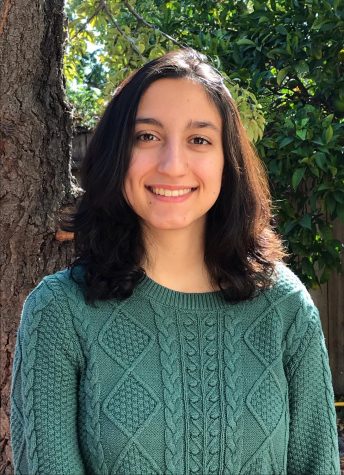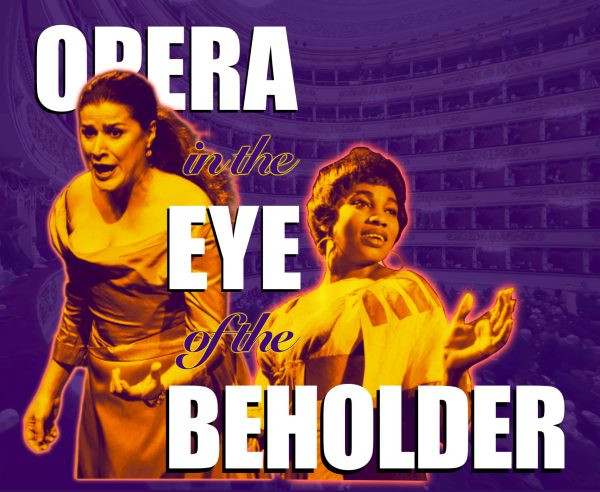Diving into Dizis
How Turkish TV productions take a refreshing approach to classic drama storylines
It was the Friday before Spring Break of 2018. The only TV shows airing were the notoriously poorly written Riverdale series on The CW and reruns of the classics, albethey slightly vulgar–One Tree Hill, The Vampire Diaries, Gossip Girl, and Grey’s Anatomy. I leaned over the table to see what captioned show my friend was watching during our art history lecture. “Turkish dramas? Never heard of them” was my initial reaction to her response. And then everything changed.
Four weeks ago was the third anniversary of my discovering the world of Turkish TV shows, known among resident watchers as dizis. At first hesitant to commit to a show in a foreign language and having to read captions *shocking*, I never could have imagined that my love for dizis has grown to what it has today.
Much like the aforementioned popular teen shows in America, dizis follow similar plot lines discussing love, betrayal, and fate with globally recognized character archetypes struggling through those very themes. In fact, some of the shows follow the exact storylines of famous American and other foreign dramas, including Jane The Virgin (as Aska Gebe), The O.C. (as Medcezir), and Call My Agent (as Dix pour cent). However, the fresh Turkish take on even previously executed plots is what never fails to attract me and millions internationally back to the couch every week.
Having the show be set in Turkey and thus having a setting of Turkish culture and its values, customs, and traditions at the heart of the show with new faces and different writing styles, is a refreshing break from Hollywood’s often uninspiring, Americentric productions.
Wanting to learn more about a different culture is one of the many reasons why viewers embark on watching dizis. Listening to the language and becoming familiar with basic phrases, recognizing commonly eaten foods, and identifying famous locations that are showcased in b roll, captivates you into forgetting that you are sitting inside your house instead of by the Bosphorus. Hearing new literary references in the shows from non-Western authors and poets, has encouraged me to read novels by Turkish authors. Madonna In A Fur Coat by Sabahattin Ali, repeatedly referenced to in the hit show Sen Çal Kapimi, has become one of my favorite books of all time. Discussing love, tragedy, and fate from a Turkish man’s experience in an interwar Berlin setting, it shocks me to think I never would have stumbled upon this gem if I had settled with Riverdale! Additionally, the non-all American soundtrack has introduced me to a wide variety of Turkish and other foreign music to add to my playlist–with everything ranging from French hip hop songs to Latin inspired Turkish salsa(ish) music. Trust me, Martılar is a must listen!
Many are also attracted by the way these shows address love stories that are often chock-full with captivating romance plots but presented uniquely in a non-graphic, family-friendly way which couldn’t be farther from American dramas whose depictions of intimacy often lack love and any conservativeness.
Furthermore, the episodes don’t produce a measly 45 minutes of content, but rather showcase 2 and a half hours of a soaped up escape from reality. The longer air time, although occasionally leading to dullness and overdrawn storytelling, almost always lends itself to more complex, detailed characters and never ending supply of plot turns. Because of its film-like length, there also is room for clips of artistic scenery showcasing the beautiful cities and villages the shows are shot in–distinctly not on a cookie cutter set with green scenes. Unfortunately, the competitive nature of the industry causes many shows to end abruptly and unlike most American shows a happily ever after is no guarantee–with many shows ending with tragedy, death, and no semblance of closure (this being after shows of sometimes over a hundred episodes!).
Finally, while you may feel like the odd one out watching dizis amongst your friend group, being welcomed into the powerful international fandom for these shows erases any notion of isolation. Despite lacking a large presence in America, Turkish TV shows are incredibly popular in other parts of the world especially the Middle East and Latin America. Getting to see the artwork and videos that fans make and seeing the comments in countless different languages encourages a sense of connectedness to others. Although you are from opposite sides of the world from these people, according to Google Translate you have much in common with millions online, albeit on something so superficial as the plot lines and characters on a fictional show!
Recommendations:
Similar to the popular teen drama One Tree Hill, Güneşi Beklerken (Waiting For the Sun) follows the lives of a group of high school students struggling with family issues and deception, are always playing basketball and of course, getting stuck in love triangles. Zeynep (the female protagonist played by Hande Doğandemir), the daughter of a single mother, moves from a small seaside town to Istanbul where her rich, preppy classmates exclude her from their world. Eventually discovering the identity of her father who turns out to be alive and in her life, and her half sibling, makes her adjustment to her new unwelcoming environment even harder. To top it all off, Zeynep grows from hating to loving the son of the school’s owner, Kerem (played by Kerem Bürsin). Will Zeynep forgive her father and will her forbidden love with Kerem last?
To listen to two funny yet analytical English speakers discuss the episodes of Erkenci Kus, Bay Yanlis, and Sen Çal Kapimi– incredibly popular shows that identify as romcoms and dramadies– listen to the podcast Dizzy for Dizi.

I joined the C Magazine staff because of its commitment to representing diverse backgrounds by telling unheard of and creative stories about our community...






![Polynesian Club Performs at the Cultural Celebration Assembly
[Photo Courtesy of Savannah Earley]](https://cmagazine.org/wp-content/uploads/2025/04/PNG-image-600x535.jpeg)